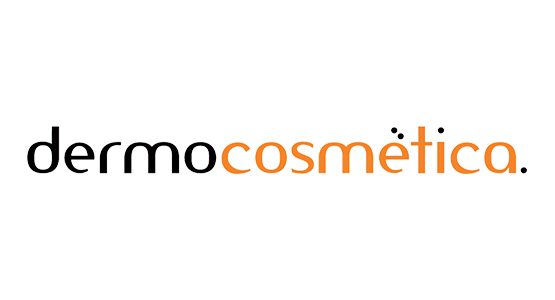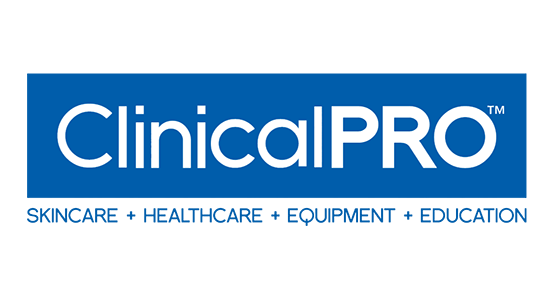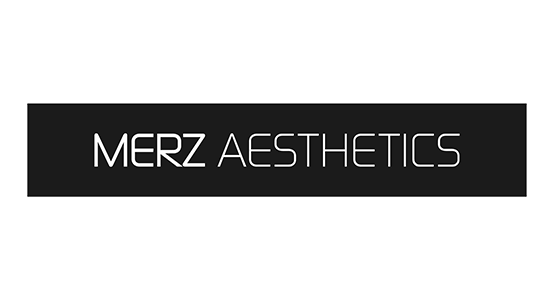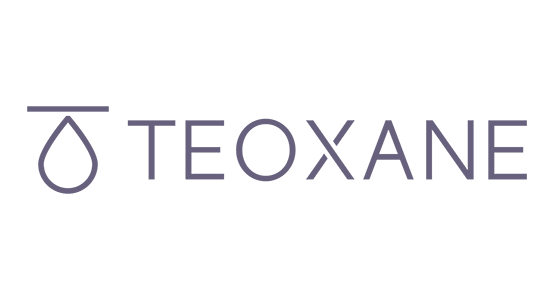
Acne Scars: A Challenge, Not a Sentence
Acne scars are a common and frustrating consequence of acne, affecting up to 95% of acne sufferers. Acne typically starts during puberty, but its emotional impact, particularly from scarring, can linger into adulthood.
Understanding Scar Formation:
Acne scars develop due to an altered wound healing response triggered by inflammation. This response can lead to either:
- Excess scar tissue: Hypertrophic scars that appear raised and bumpy.
- Collagen Loss: Atrophic scars, the most common type (60-70%), appear as indented icepick, rolling, or boxcar scars.
Treatment Options Offer Hope:
The good news is there are treatment options! Dermatology clinicians can employ different approaches based on the type and severity of your scars:
- Surgical methods: Techniques like excision, subcision, or punch removal may be used.
- Non-surgical options: These include dermabrasion, needling, chemical peels, dermal volumisers, bioremodelers, biostimulators, and energy-based devices such as laser, IPL, and light therapies.
Combination Therapy is Key:
The best approach often involves combining multiple treatments modalities to achieve best results. A recent international consensus by dermatologists and plastic surgeons highlights the promising role of energy-based devices in acne scar treatment alongside other medical treatments.
Moving Forward:
With advancements in treatment options clearer skin is a realistic goal for those with acne scars.
Book a complimentary acne consultation at Hamilton Skin Clinic to understand the treatment options available to you.










